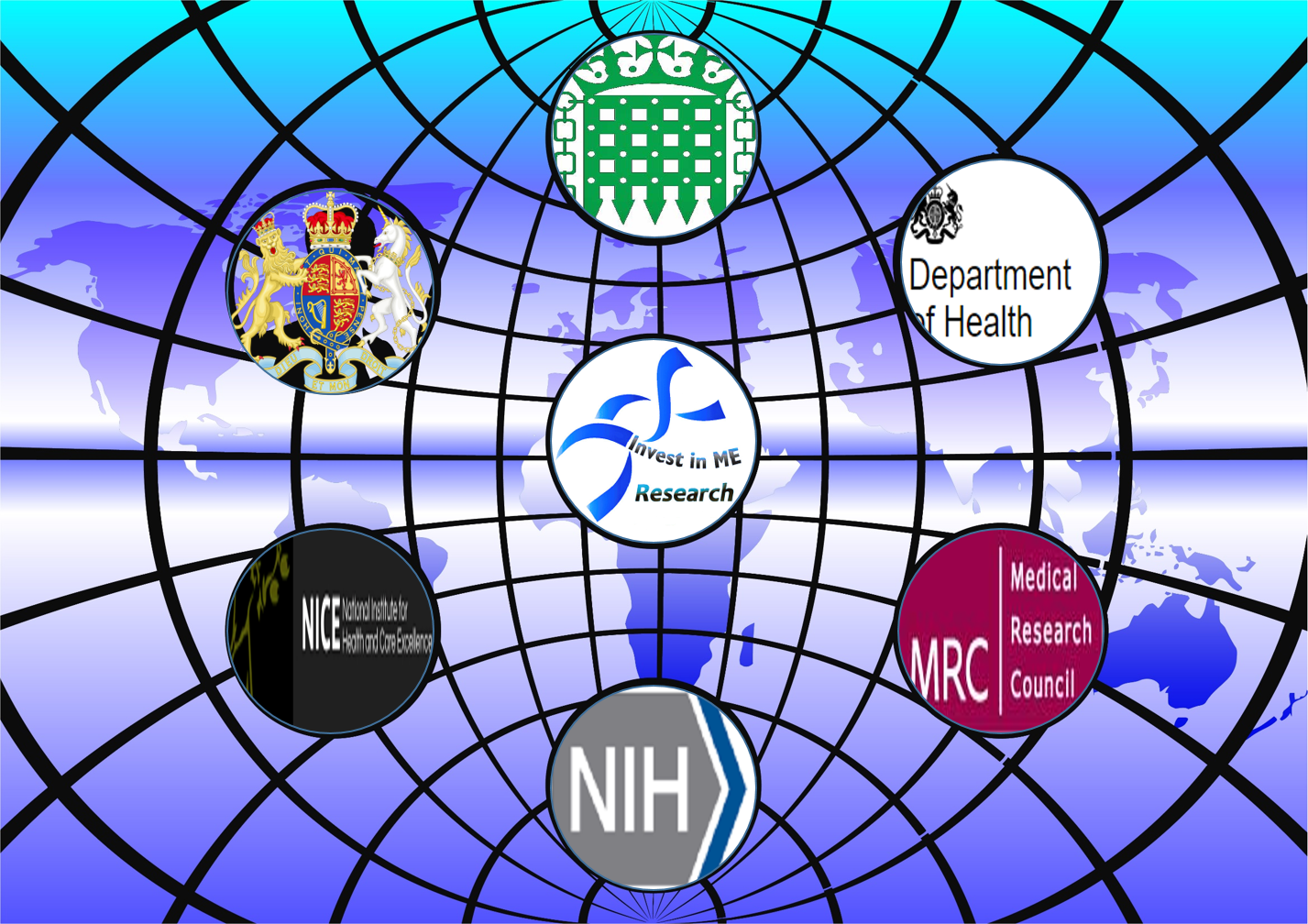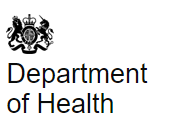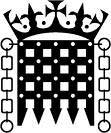Campaigning

APPG Meetings

The APPG (all Party Parliamentary Group for ME) meetings are intended to allow MPs to discuss issues and topics related to ME and provide chance for the patient community to create awareness in order to influence policies toward ME.
Although not always able to attend in person Invest in ME Research have always submitted comments for consideration at these meetings.
Once the charity arranged a special APPG meeting in parliament prior to one of our international ME conferences. As one of the first actions on being invited to be part of the APPG the charity arranged with APPG Chair Annette Brooke a meeting in parliament between MPs from the APPG group and some of the researchers at the #IiMEC6 conference.
Chief Medical Officer
The Chief Medical Officer (CMO) is the most senior advisor on health matters in a government. There are four CMOs in the United Kingdom who are appointed to advise their respective governments: Her Majesty's Government, the Northern Ireland Executive, the Scottish Government and the Welsh Government. Each CMO is assisted by one or more Deputy Chief Medical Officers.
In England, the CMO is a member of the board of the National Health Service (NHS), a civil servant in the Department of Health, and head of the medical civil service. The Republic of Ireland has a similar officer.
The Chief Medical Officer is a qualified medical doctor whose medical speciality traditionally was public health medicine, and whose work focused on the health of communities rather than health of individuals. More recently the appointees have been clinicians without training or experience in public health medicine. In the UK, the CMO is one of six chief professional officers who advise the government in their respective health and social care disciplines.
The equivalent US term is Surgeon General.
Source: https://en.wikipedia.org/wiki/Chief_Medical_Officer_(United_Kingdom)
- 2019 - One Simple Question
- 2017 - A Summit of CMOs
- 2016 - CMO Invite to IIMEC12
- 2011 - Invitation to CMO to IiME 2011 Conference
- 2010 - Blood Donations by ME Patients
- 2010 - Testament to Failure
- 2010 - 40 QUESTIONS for CMO
- 2010 - LETTER to CMO - ME and Blood Donations
- 2010 - CMO Declines to Attend IIMEC5 Conference
- 2009 - Call to Make ME a Notifiable Illness?
- 2009 - ME and H1N1 Influenza
- 2009 - Open Letter to the CMO
- 2007 - CMO's 2002 Working Group - Review of Status
- 2006 - ME As A Notifiable Illness in Schools
Department of Health

The Department of Health (DoH) -
"helps people to live better for longer.
We lead, shape and fund health and care in England, making sure people have the support, care and treatment they need,
with the compassion, respect and dignity they deserve."
From experience of dealing with all of the issues with ME - research, treatments, guidelines, education, perception etc - we would suggest that this is not a set of objectives which the DoH has exhibited toward people with ME - and by consequence, their families.
Over the years the charity has had frequent communication with the DoH - some of them detailed here.
MRC

The Medical Research Council is responsible for dispensing public funding - in the form of grants - to perform research - funded through the government's science and research budget.
Invest in ME-Research has frequently contacted the MRC since it was formed as a charity - attempting to enter a dialogue which would change the way ME was researched and, therefore, treated. This not only consisted of letters to the CEO and other officials, but also by invitations to our conferences and research Colloquia, as well as initiating contacts to researchers outside the field of ME but who were working for the MRC and specialists in their own field and could bring knowledge and experience to bear on ME research.
The British Government

The charity has contacted the Prime Minister on a number of occasions. As can be expected these letters are rarely dealt with by the Prime Minister of their nearest advisors - but often ignored or passed on to the Department of Health.
NICE

The National Institute for Health and Care Excellence (NICE) published their document for clinical guidelines released on 22nd August 2007).
The document was proposed for use in the NHS in England and Wales regarding chronic fatigue syndrome / Myalgic Encephalomyelitis (CFS/ME).
Although not an original stakeholder (Invest in ME only became a charity in May 2006) we registered to become a stakeholder in these guidelines and supplied our response to the Draft Guidelines in 2006.
The charity has continued to create submissions to NICE and has attempted to engage with the NICE director to promote real change and progress in these matters.
In July 2017 Invest in ME Research responded to the NICE 10 year surveillance (2017) – CFS/ME.
The following year the charity had extensive correspondence with NICE Guidelines Director Professor
Mark Baker and has attempted to engage
with the NICE to promote real change and progress in these matters.
The charity continues to create submissions to NICE and to comment on NICE decisions.
NICE finally agreed to review the guidelines and in 2020 published new draft guidelines which were to be finalised, after consultation with stakeholders, in April 2021, which was then changed to August 2021. NICE then paused the publication of the final guidelines.
On 29 October NICE finally published the guidelines - now designated ng206.
- 2021 - An overview of IiMER Comments to NICE
- 2021 - TAKING US FORWARD TO 2007
- 2021 - Legitimising the Omnishambles
- 2021 - Further Letter to NICE
- 2021 - Letter to NICE Regarding GL Pause
- 2020 - IiMER Response to 2020 Draft Guidelines
- 2020 - Press Release on NICE Draft Guidelines
-
2020 - COVID
-19, NICE and ME - Keeping the Pretence Going - 2018 - NICE Guidelines Development - Turning a farce into a shambles
- 2018 - NICE Guidelines Diagnosis and Management - Accountability and Action
- 2018 - IiMER Letters to NICE on Full Review
- 2017 - IiMER Response to NICE Consultation Review
- 2013 - NICE - A POVERTY OF REASON
- 2009 - NICE GUIDELINES - WHAT's NEXT?
- 2009-2010 - Statements of Concern about CBT/GET provided for the High Court Judicial Review
- 2007-2010 - NICE GUIDELINES for CLINICAL PRACTICE
- 2006 - NICE DRAFT GUIDELINES ANALYSIS
NIH

The USA National Institutes of Health (NIH) is part of the U.S. Department of Health and Human Services.
The NIH is the largest biomedical research agency in the world.
In 2015 the NIH published to reports on ME - the Pathway to prevention (P2P) report and the Institutes of Medicine (IOM) report.
Invest in ME Research commented on those reports and made constructive suggestions to improve research into, and treatment and perception of ME.
Parliament

The UK parliament rarely has much of value regarding ME although Invest in ME Research has had some questions raised in the house in attempts to elicit some sensible responses.
Two uneventful parliamentary debates (one in the main hall) did take
place pre-pandemic and the charity made submissions.
We submitted a briefing paper for the November 2025 debate tabled by Tessa Munt MP.
The Gibson Inquiry of 2006 presented an opportunity for change - yet it was not taken.
The PACE Trial

In case the PACE Trial should rear its ugly head again
we have created a page with some of the PACE Trial related articles from years back.
The #PACETrial - #Nullfield research
UKCRC

IiMER were not initially invited to be involved in this initiative being run by the
health department's UK Clinical Research Collaboration (UKCRC) and meetings were seemingly held where the
objectives and terms of reference were decided.
IiMER eventually received an invitation to attend the meeting of the
Working Group held on 1st September 2022.
- 2022 - 2024 An overview of IiMER input to UKCRC Working Group
- 2024 - Final meeting of the DHSC / UKCRC ME/CFS Research Working Group (RWG)
- 2023 - Meeting of UKCRC research working group November 2023 Meeting
- 2023 - IiMER observations on Interim Delivery Plan
- 2023 - Activity during 2023
- 2022 - More input to UKCRC Working Group October 2022 Meeting
- 2022 - A Different Approach to UKCRC Strategy
- 2022 - Input to UKCRC Working Group Meeting
- 2022 - Déjà vu?

